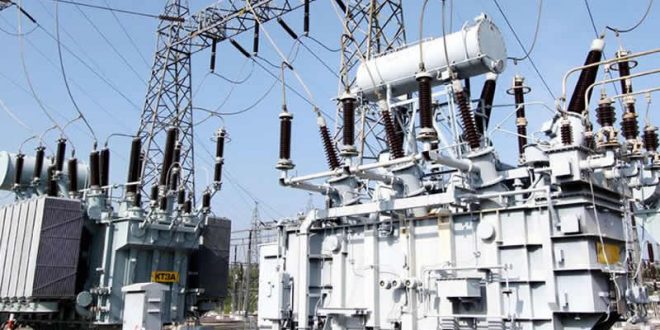
NERC Slams GenCos’ N1.6tr Capacity Bill, Confirms New Tariff
The chairman of the Nigerian Electricity Regulatory Commission (NERC), Sanusi Garba, has faulted the generation companies’ claim of a N1.6 trillion capacity debt owed by the federal government, saying most of the companies lack a formal contract agreement to back up their claim to warrant capacity payment by the Nigerian Bulk Electricity Trading (NBET).
In a press briefing in Abuja, he said: “A number of generation companies today do not have effective contracts that guarantees the payment of the so-called unutilized capacity. It will be reckless to sign agreements for the generation plants for capacity that has not been delivered. And because the infrastructure is not there, it means that Nigeria will be paying for the capacity that has not been useful to Nigerians.”
Also Read: Power Outage: FG Blames Gas Shortage, Approves N40bn for Discos
Earlier in the week, The Association of Power Generation Companies (APGC) reported it was expecting to receive N1.6tr in capacity payments but Garba said: “If a generation company has an effective Power Purchase Agreement (PPA) that provides for a payment of a certain level of capacity. Then there is an obligation to pay.”
Garba also confirmed a new tariff in February saying, “What happened in February was just a minor review,” adding that it may not always be a hike as the tariff for consumers under one of the DisCos was reduced in the new template.
He noted that DisCos have an obligation to inform consumers of tariff changes, but if they fail to do so, consumers should file a report with NERC.
In addition, he reiterated the Minister of Finance, Budget and National Planning, Zainab Ahmed’s claim that the electricity subsidy had been ‘quietly’ removed. Garba said: “That policy decision was announced by the Minister of Finance, the subsidy at a point was as high as N600 billion a year. And gradually coming down to N30 billion this year. So that policy decision is from the government and we take direction from the government”.
Like the first system collapse happened due to a conductor snap on the 330 kilovolts Benin transmission line axis. It cascaded into the loss of 414MW of electricity from the Ughelli plant.”
In response to the recent system failure, Musiliu Oseni, vice chairman of NERC, suggested that having a spinning reserve may not provide an immediate solution some grid disturbances.
